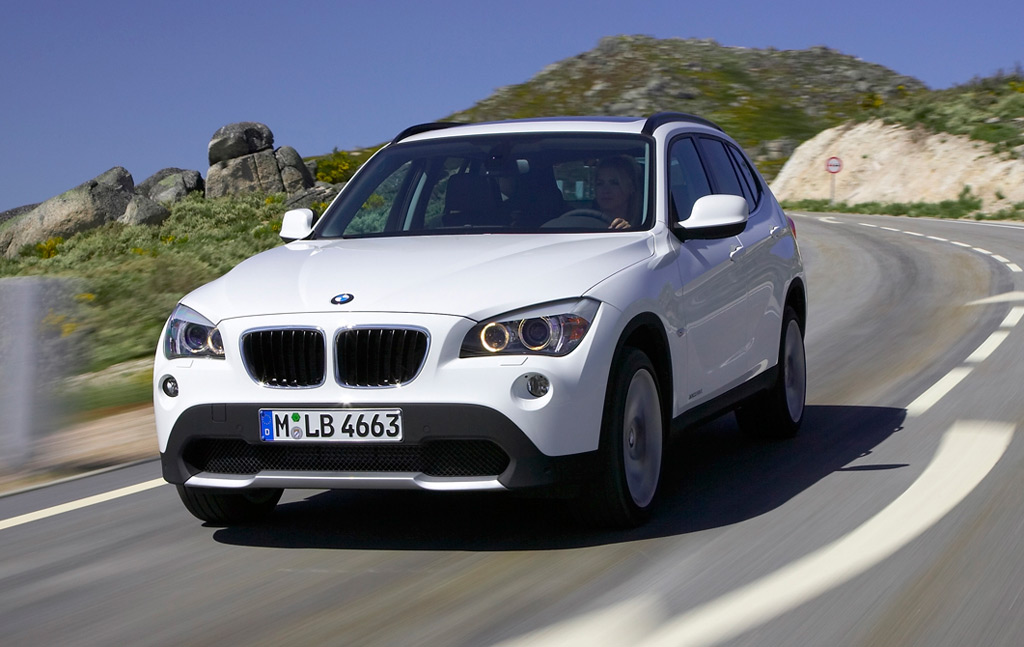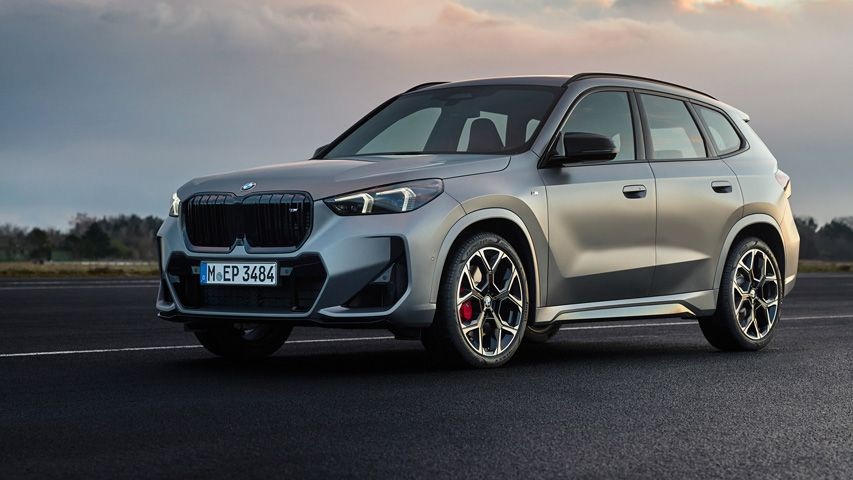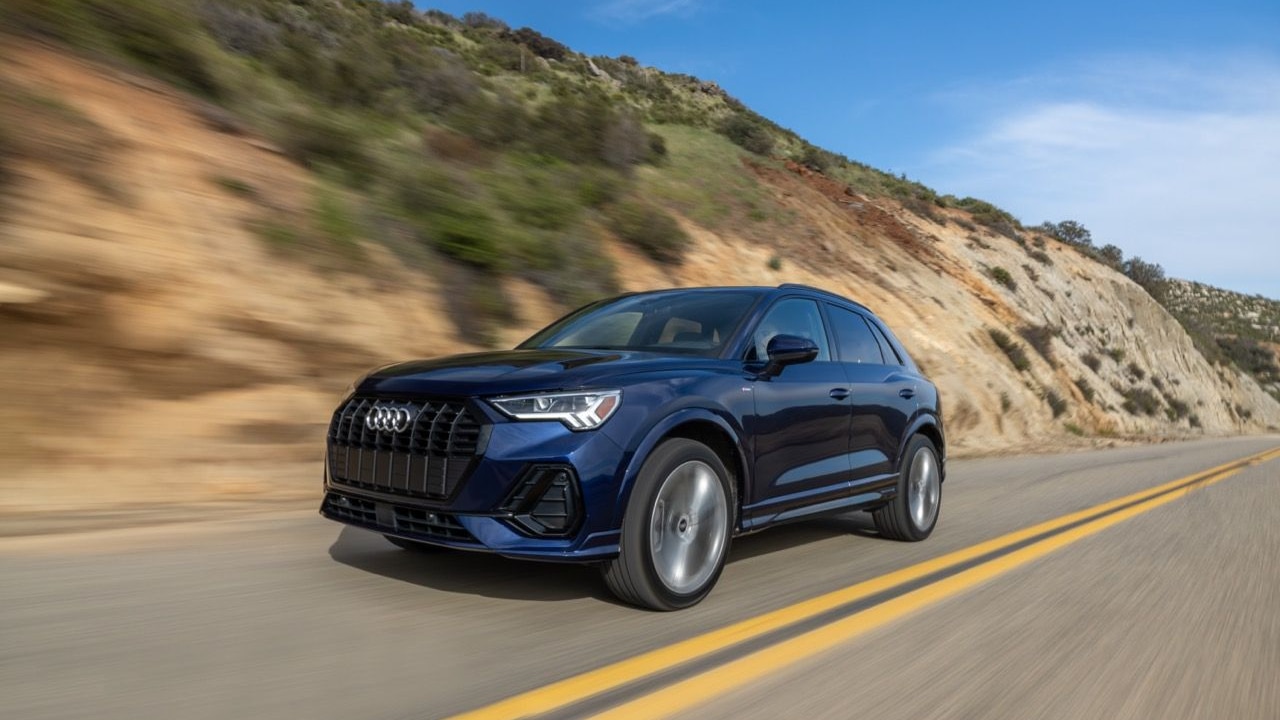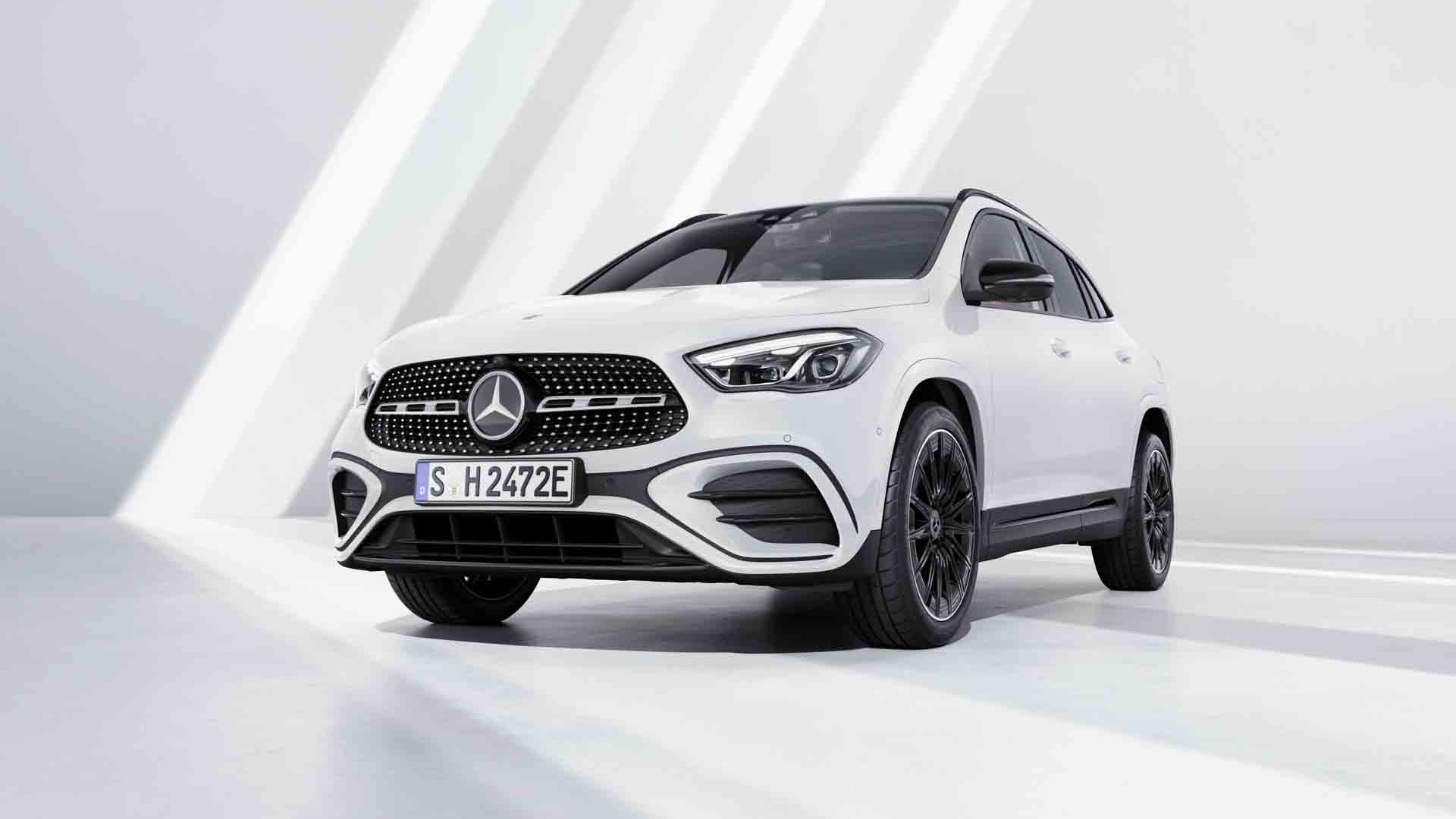
Environmental regulations, increasing fuel prices and well-to-do customers aware of their "carbon footprint" are forcing luxury carmakers to once again consider four-cylinder engines for many of their models. However, if you think this will mean a return to 3-Series sedans powered by weak-kneed four-cylinders, think again.
BMW has just unveiled the new four-cylinder, turbocharged engine that will power the new X1 xDrive28i small crossover. Looking at the specs, you'd be hard-pressed to tell that this is a four-cylinder. It puts out 245 horsepower and 258 pound-feet of torque from its 2.0 liters of displacement. That beats the current naturally aspirated straight six that you'll find in the 128i and 328i. On top of that, BMW also promises better fuel economy, especially with the start-stop function on models equipped with the six-speed manual transmission.
Owners of the four-cylinder X1 won't be lacking for performance, either. BMW promises 0-60 sprints in the low 6-second range for manual X1s, and in the mid-6-second range for automatics. With a lighter engine, handling dynamics are also improved, and overall weight goes down as well.
While there's still some question as to when we'll see the X1 in the U.S., the introduction of the new engine has far-ranging implications. It's quite likely that we'll see it replace the in-line six that's currently under the hood of many other BMW vehicles. It's equally likely that move will infuriate some purists, for whom the BMW six-cylinder is less an engine than an altar at which they worship.
However, worshiping at that altar means a big gasoline sacrifice, and whether you're worried about the environment, foreign sources, or simply your wallet, it's too much to bear for many customers. On paper the new engine looks good, and four-cylinder or not we're eager to drive the new X1. Whenever it shows up.


